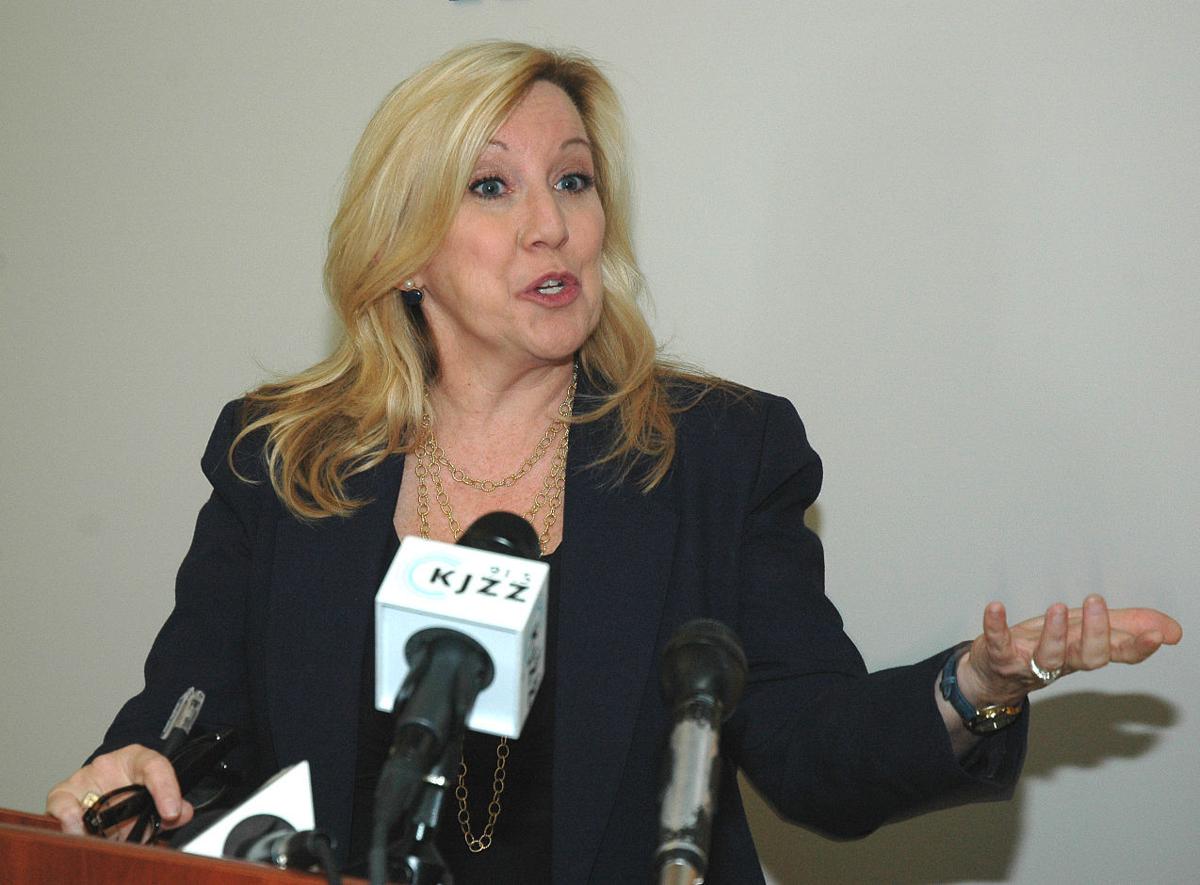PHOENIX — Attorneys for the state have agreed not to enforce a controversial new law aimed at defunding abortion providers, at least for the time being.
A stipulation signed by Assistant Attorney General Rusty Crandell vows no one will try to cut family planning dollars from Planned Parenthood or any other organization solely because it has not segregated out the costs of abortion services to the satisfaction of the director of the Arizona Health Care Cost Containment System, the state’s Medicaid program. The stipulation, filed with a federal judge here, says the law, which legally took effect in August, is just not ready to be implemented.
Crandell also said it could take up to two years to craft and adopt the rules before that happens.
In exchange, attorneys for abortion providers agreed to drop their lawsuit challenging the legality of the measure until there are actual rules in place.
Potentially more significant, that requirement for rules includes a public input process.
That gives foes another chance to blunt the effect of the law. And if abortion providers still don’t like it, they are free to file a new legal challenge.
“It’s a battle won,” said Jodi Liggett of Planned Parenthood, even if only a temporary victory.
“We kicked the can down the road,” she continued. “So it’s not all bad.”
But Josh Kredit of the anti-abortion Center for Arizona Policy, which helped craft the measure, brushed aside the significance of the stipulation.
“In no way is this even a temporary defeat,” he said.
The law signed earlier this year by Gov. Doug Ducey is the latest in a series of measures pushed by abortion foes designed to defund Planned Parenthood.
Both state and federal laws preclude the use of tax dollars for elective abortions.
But Arizona, as part of its participation in the federal Medicaid program, provides family planning services for those financially eligible. The federal government pays 90 percent, with the state picking up the balance.
More to the point, Medicaid statutes and regulations permit eligible women to choose from any “qualified provider,” including Planned Parenthood.
In 2012 Rep. Justin Olson, R-Mesa, pushed through legislation declaring that any organization that also provides abortions is automatically not qualified. He argued that any money paid to Planned Parenthood effectively underwrites its fixed costs for other services, including abortion.
That law was struck down by federal courts.
This new law seeks to get around those rulings by allowing AHCCCS, at its “sole discretion,” to disqualify any entity that does not fully segregate the tax dollars it is getting to ensure that none of the cash goes to providing elective abortions. That even includes accounting for all overhead expenses like rent, lights and heat.
Attorneys for Planned Parenthood and Desert Star Family Planning sued, claiming the measure illegally interferes with the right of Medicaid recipients to get family planning services where they want — in this case, specifically from them. And that, they argued, violates federal Medicaid regulations.
Worse yet, they noted the law allows the AHCCCS director to terminate or suspending participation in the Medicaid program with just 24 hours’ notice.
“Unless enjoined, this impermissible requirement threatens to exclude the provider plaintiffs from the Medicaid program, thereby restricting their ability to provide — and their patients’ ... ability to access — vital women’s health services,” the lawsuit argued.
The stipulation now moves the battle from the courtroom to the process where AHCCCS has to craft actual rules to implement the law. That process legally requires public hearings and public input.
“We’ll be watching it and weighing in,” said Kredit. The bottom line, he said, is ensuring that taxpayer dollars are not being used, directly or indirectly, for elective abortions.
Where it gets trickier is determining in the rules how to parse out and account for various costs and determine whether they are attributable to abortions.
“To the extent that there are things that are feasible, that would be doable, I think those things need to be looked at,” Kredit said. But he acknowledged that, at some point, not every dollar spent can be put into one category or another.
“If it’s a completely unfeasible thing, an APS (electric) bill for example, then maybe that wouldn’t be required,” Kredit said.
Finding that balance through the rules could avoid a new court fight.
“If they have an open process where they’re going to take stakeholder input, which our agencies are supposed to do, it’s conceivable that you could come up with something that everybody can live with,” said Liggett. But she questioned the whole idea in the law of having to account for every dollar and assign it to one category or the other.
“The premise is pretty weird,” she said. “How do you account for every molecule of overhead?”
Liggett said she is waiting to see the first draft of the rules crafted by AHCCCS.
There was no immediate response from the agency about where it is in the process. But the stipulation filed with the court said it can take from one to two years to finish these rules.





